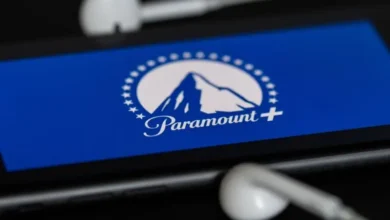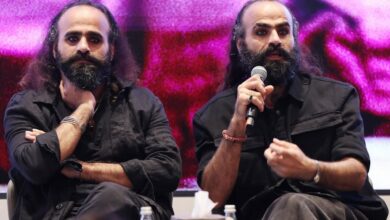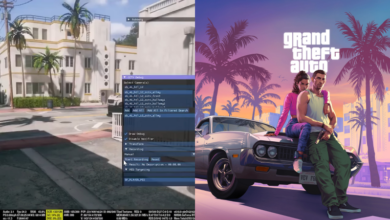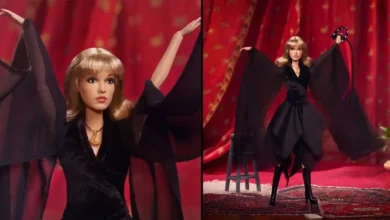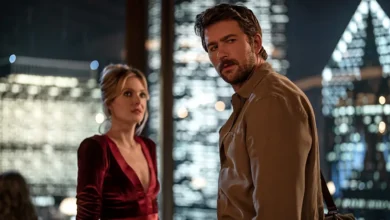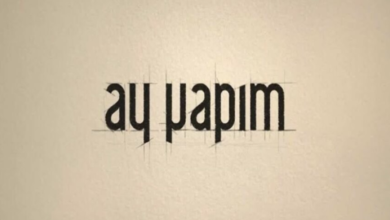Cinema is the most powerful tool to preserve identity and fight oblivion: Qumra Master Walter Salles
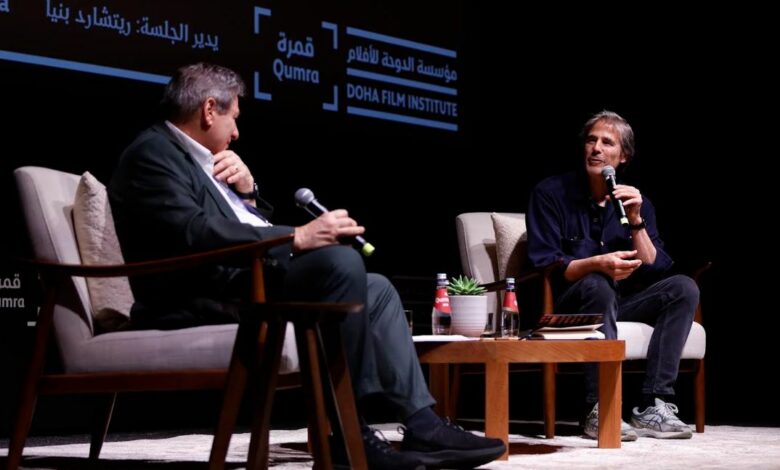
Doha, Qatar; April 5, 2024: Qumra Master Walter Salles (Central Station, The Motorcycle Diaries), the acclaimed Brazilian filmmaker whose films have captured the evolving identity of Latin America, said cinema is “an instrument to preserve identity at specific times of our existence and a way to fight against oblivion.”
Addressing a full house at the first Masterclass at Qumra, Doha Film Institute’s annual talent incubator event, Salles shared personal insights about his journey in cinema – from his passion for documentaries to award-winning features including I’m Still Here, which won the Best International Feature Award at the Academy Awards 2025.
He underlined the profound connection between cinema and culture, and art and identity, highlighting his passion for photography that led to documentaries and feature films. If there is one narrative arc that prevails throughout his body of his work, it is the spirit of humanity. That has been part of his cinematic journey, a lesson he learnt from photography masters, “who would be part of the community, understand it and feel invited by them before even taking out their camera.”
Salles said he always strives to incorporate this spirit in his filmmaking, which has led to the dynamic improvisation of his films and working with non-actors who have delivered beyond expectations.
Among the first generation of filmmakers in Brazil’s return to democracy after a prolonged era of dictatorship, his first feature, Foreign Land (1995) was a masterful study on Brazilian political turmoil and displacement.
The success of his second feature, Central Station, which won the Golden Bear at the 1998 Berlin Film Festival due to the nurturing he received at Sundance Institute “is that spirit of collectiveness that I see at Qumra. My two mentors opened layers and layers of possibilities, and the film would never have reached its potential if not for that collective.”
Highlighting the importance of cultural institutions like Doha Film Institute in nurturing emerging voices, Salles said that “what DFI does is so important: it allows emerging filmmakers to talk about emerging themes and to actually give name to what has not been named yet.”
Apart from intuitive inspirations, Salles underlined the need for authenticity in filmmaking. “It is good to have a written, crystallised and solid script; it is a good incentive for improvisation. Like Jazz, when you have a structure, it is easy to bifurcate from that because you can come back to it.”
For The Motorcycle Diaries, he said he worked with non-actors and taking the actual journey helped him understand his connection with the wider South American cultural identity. Salles said he tries to avoid too many takes but if there are additional takes, they need to be different from each other. “My ideal way is to unite actors, write for them and when something vivid evolves, shoot it as a documentary.”
He loves to find something in cinema that is not planned. “I look for what should be seen and what should be sensed. That is important. Cinema is the invisible that complements the visible, and what we don’t show is equally important. It offers so much more information than what we actually show. Every film has a dramatic structure you must respond to, and then there is the sensorial one.”
Salles’ message for young filmmakers was to go beyond the obvious: “When you see everything, that is television. When you’re invited to complete an image, then you may be in cinema. When there is something left to find, and you’re invited to complete the dialogue, then you are in cinema.”
Salles also discussed his recent work, I’m Still Here, which draws on personal memories of Brazil during the military dictatorship. “There are many layers of memory in the film,” adding that “the film becomes the presence of absence; in every single frame in the film there is a lot of empty space,” alluding its theme of personal tragedy that befalls a family whose life has been a form of resilience and resistance against the dictatorship.
A producer of several feature films by emerging young talents, Salles said cinema is linked to the first artistic expressions – the cave paintings. “All around the world, there was this desire to reproduce life, to capture the sense of specific groups of people living in specific geographies. We carry something of that primal desire in those cave paintings, which finds existence in cinema.”
He left the audience with a powerful message about the responsibility of cinema amidst injustices and attempts to erase collective memories. “Cinema is a way to construct memory to fight against erasing it – and accumulation of memory is identity in motion – whether you shoot it with an iPhone or make a feature film” – calling the process and the art “an extraordinary tool of resistance”.
The session, moderated by Richard Peña, featured clips from Salles’ works, including Foreign Land, Central Station, The Motorcycle Diaries and I’m Still Here, providing a comprehensive look at his evolution as a filmmaker and his commitment to humanism that shines through in every film.
